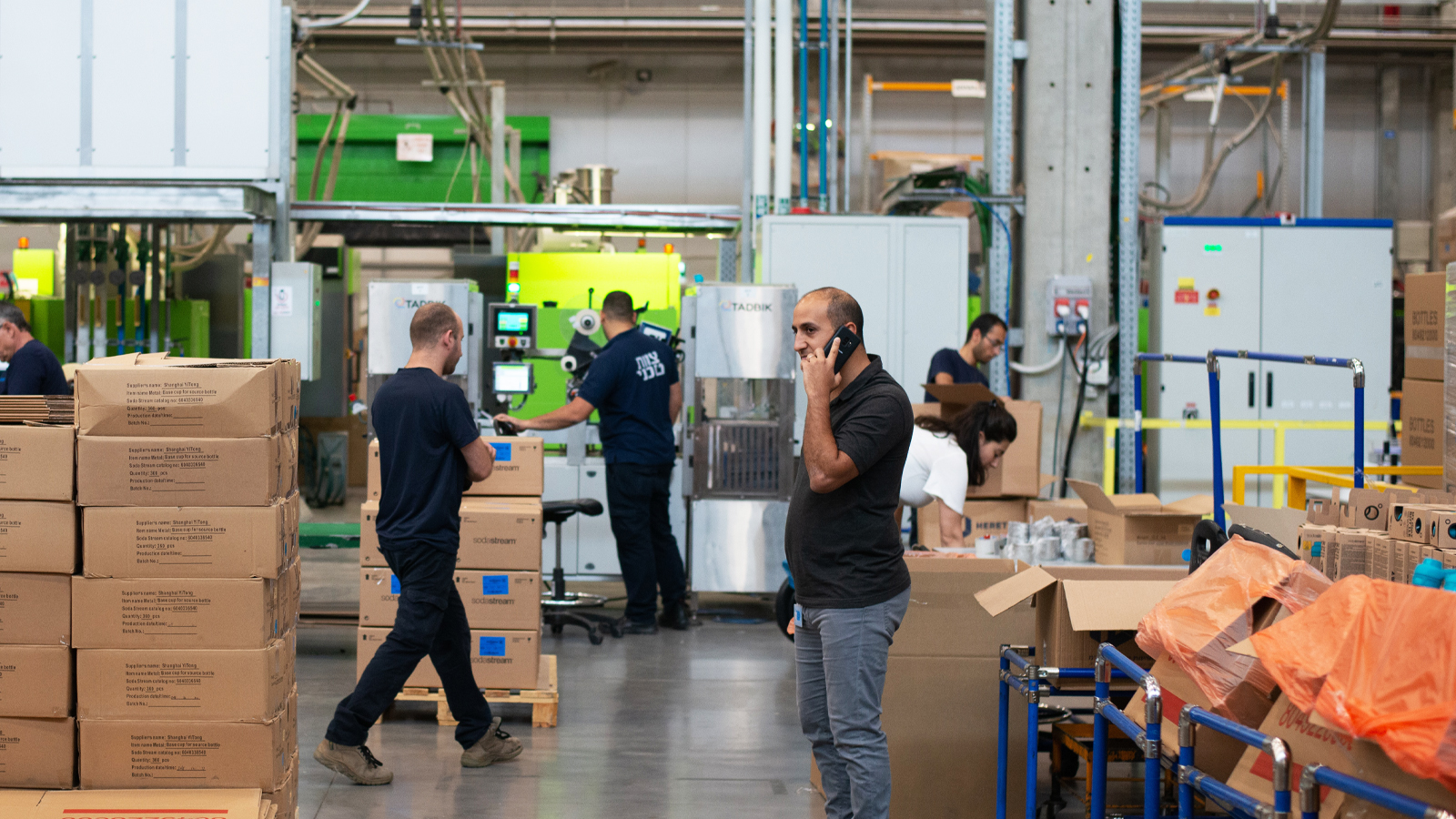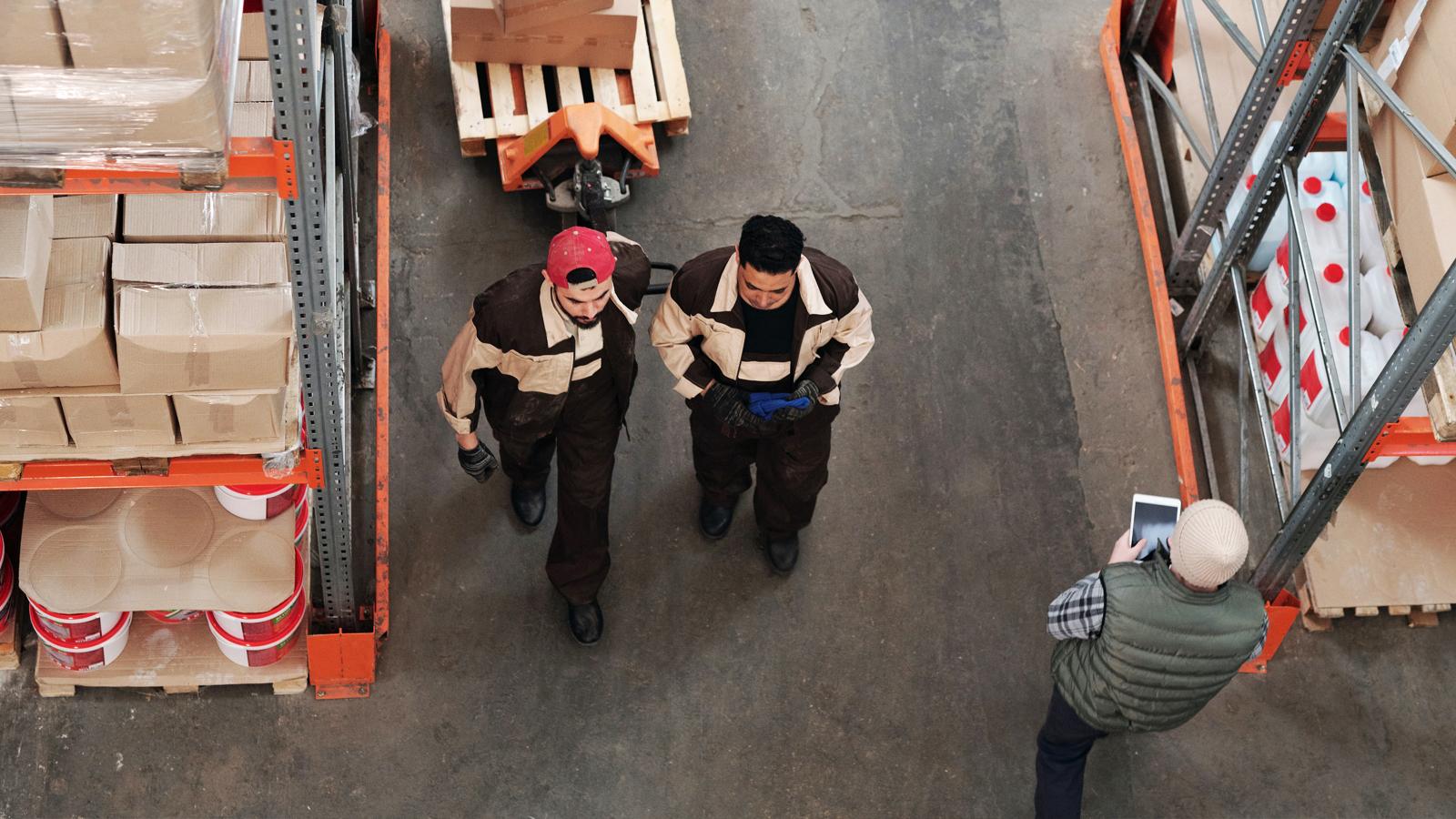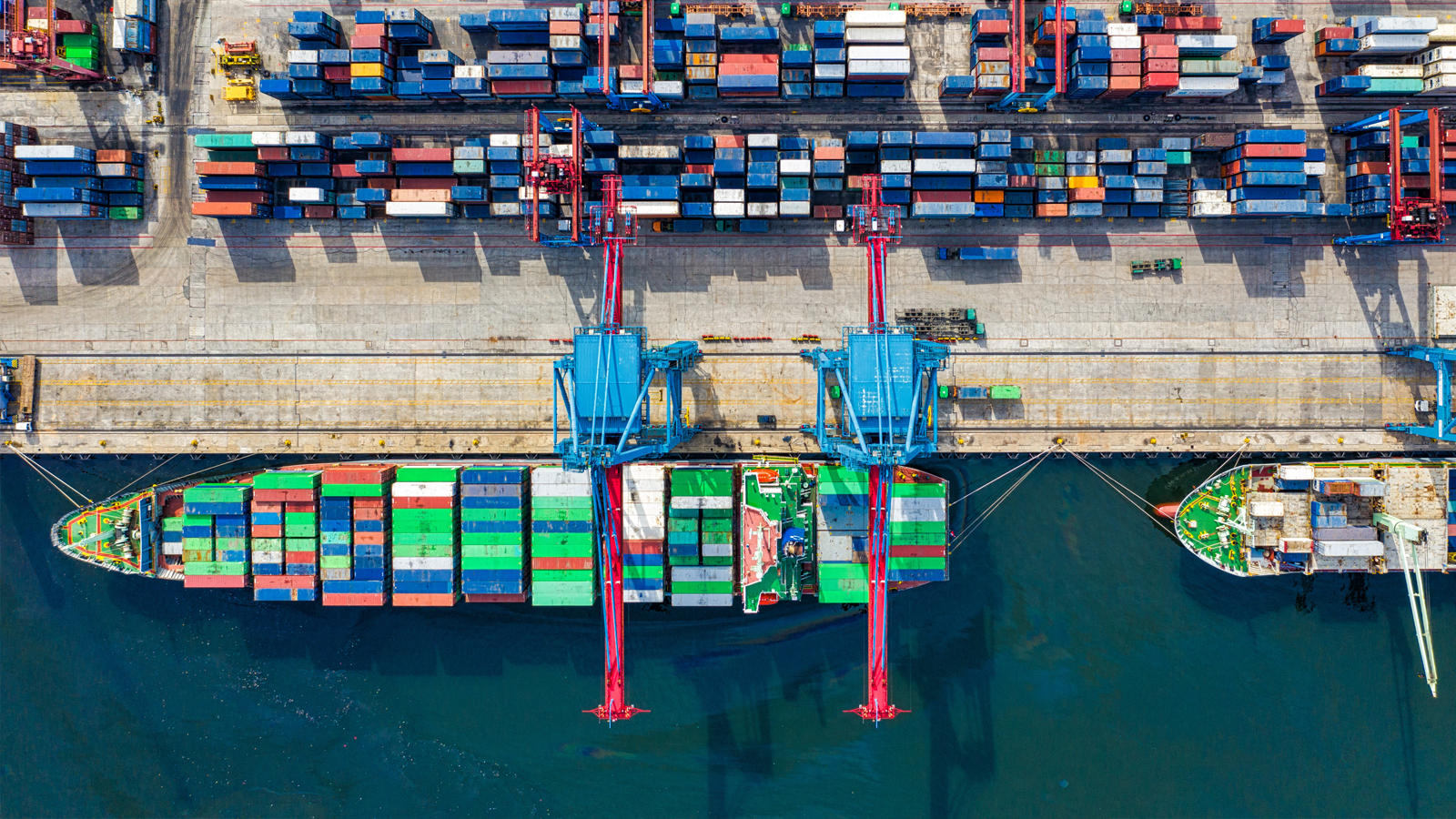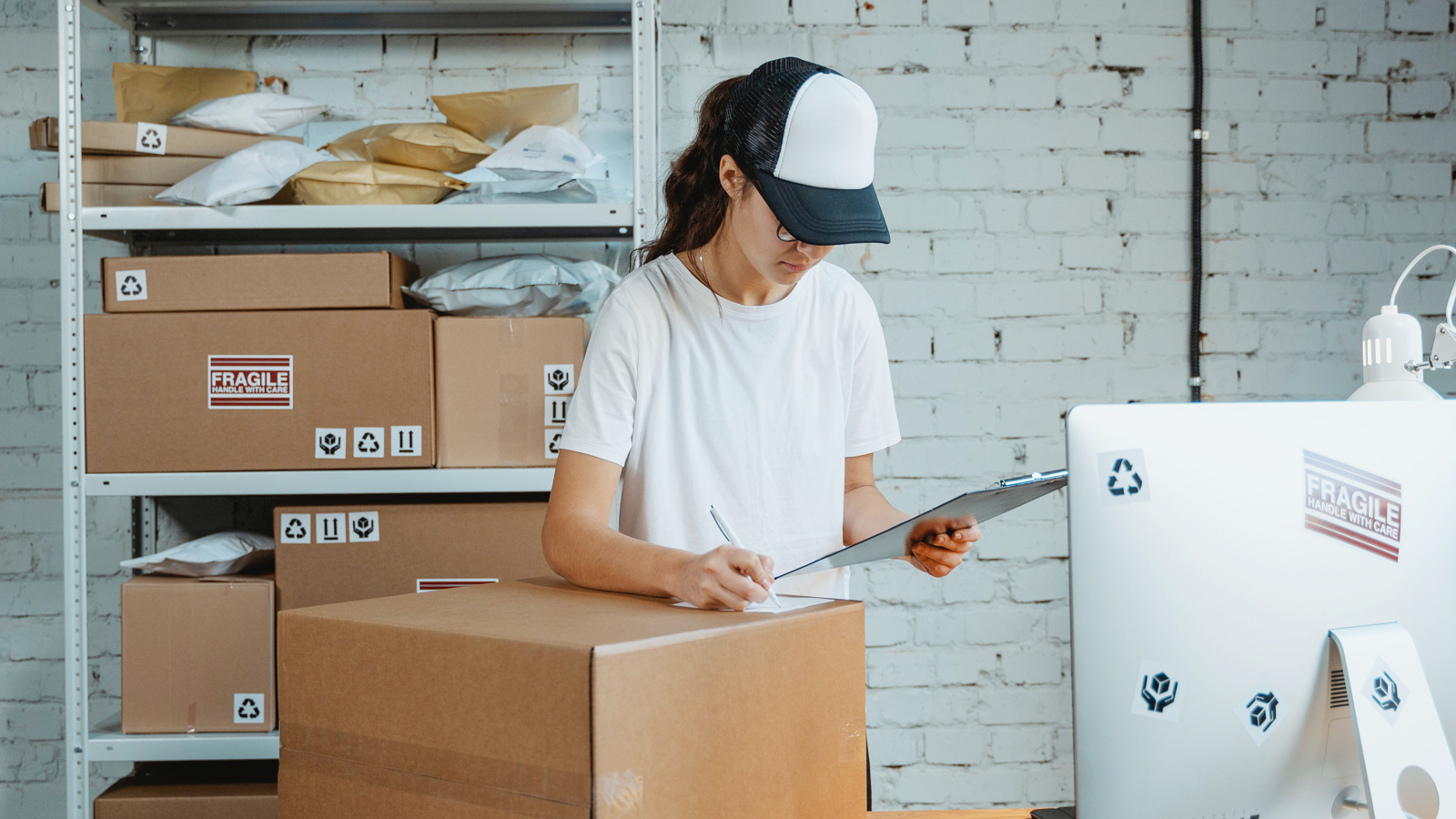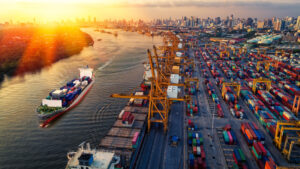If you’re a small business owner, an Amazon seller, or an individual that deals with inventory and delivery on a regular basis, then a big concern you might have is how to get your products into the hands of the customers. Order fulfillment is a make-or-break early metric for many companies to measure themselves by – and when stock doesn’t ship out on time, doesn’t ship out correctly, or doesn’t ship out in a way that leaves it protected, the problems can become too big for a small business to overcome.
That’s why it’s important to think about how you’re working on order fulfillment. Are you relying on the same company you use for freight and shipping? Have you decided to take it upon yourself and work on fulfillment with a small team?
Or have you decided to outsource your fulfillment to a third-party service provider?
A third-party service provider, or 3PL, can do a lot for your business whether you regularly handle a lot of consumer products, or it’s something you’ve just started out with. Many eCommerce businesses can experience a period of sudden growth that makes order fulfillment very tricky to handle in-house, and outsourcing your fulfillment can be one way to make sure that your company keeps growing, without the additional headache of worrying about your inventory.
Here’s why you should consider 3PL for order fulfillment.
What is 3PL?
A 3PL (Third-Party Logistics) refers to a company or provider that offers logistics and supply chain management services to businesses. The primary function of a 3PL is to handle various aspects of the logistics process on behalf of their clients, often integrating warehousing, transportation, and distribution services.
3PLs take charge of the latter part of your fulfillment journey. A 3PL will receive shipments of your product, store them, and allow you to manage the distribution of your inventory, whether to a final fulfillment center, or to the actual consumer.
If you’re using a third party to fulfill orders, think of a 3PL as the replacement for you having to store your inventory in your garage, having to then pick out how many cartons or units to send to your fulfillment center, and finally having to find a way to get it there. On the other hand, if you’re fulfilling your own orders FMB style, fulfilled by merchant, then a 3PL would alleviate you from having to print out individual labels for each of your orders, and coordinate with a carrier like UPS to get orders to the end customer.
3PL companies can specialize in the kind of goods that they deliver. For example, some are equipped to handle food, with cold storage options and refrigerated trucks. Others can focus specifically on bulky, heavy products.
Some companies will also choose not to specialize and will deliver any variety of goods.
What do 3PL companies do?
Some 3PLs focus on working with retail brands while others may focus on e-commerce brands. As an Amazon seller or e-commerce brand, it’s important to find a 3PL that can service your specific needs and has significant experience working with other e-commerce clients.
Some 3PLs can complete the entire last leg of your supply chain by storing, picking, packing, and shipping direct to your end customer. In other words they can actually fulfill your orders and deliver directly to the consumer (DTC). Others will specialize in storing your inventory, picking, packing, and sending it in large amounts to your final fulfillment center like Amazon and Walmart, these specialize in the B2B side which means you rely on a marketplace fulfillment center to deliver your goods to the final customer (like FBA and WFS).
3PLs can also go beyond the storage and prep services by also taking on the transportation piece and coordinating these deliveries for you whether it be through their own trucking services/brokerage or by coordinating with a third party carrier like DHL or UPS.
What are the benefits of using a 3PL?
1. View inventory in real time.
Most 3PL providers will give you access to a platform that will allow you to monitor your inventory, see what’s running low, and allow you to place orders in their system to replenish inventory with your fulfillment centers. Those that fulfill customer orders can integrate your platform to their software in order to take your orders directly and fulfill without you having to do much.
2. Fast shipping.
Amazon’s two-day shipping has changed consumers’ expectations significantly: for one, all consumers now expect fast shipping times, which a smaller company might struggle to fulfill. A D2C 3PL, on the other hand, can very easily offer 2-day shipping, depending on the warehouse’s location and on how many of their warehouses hold your stock.
3. Multiple distribution centers.
Rather than collating your stock in a single location, a 3PL can offer the option to split your inventory among several different warehouses. This will allow you to ship out your products even faster and can be much cheaper in the long run for fulfilling delivery within two days, since it.s more likely you’ll be able to ship via ground instead of through expedited air shipping.
4. Manage returns.
No matter how excellent your product is, returns are an unavoidable part of doing business. A 3PL, however, can manage your returns process by handling orders and streamlining the whole experience for customers, and it gives you the option to decide what to do with the returns: restock, quarantine, or dispose of them.
5. Easier international fulfillment.
If the 3PL you’re working with has warehouses in several countries, it can help you widen the consumers that you reach with a minimum of hassle, and help you grow your business globally. At Tactical Logistics, for example, we have partners in air, sea, and land routes in almost every country of manufacture there is, and so fulfilling our clients’ needs is a little easier when we can take advantage of our connections.
How much does a 3PL cost?
Prices for 3PL services can vary greatly, but, with a 3PL you can expect to pay up to 40% to 50% less than what Amazon charges after a 30 day storage period. Under 30 days, Amazon storage is usually still the best option. However, with anything that sits past thirty days it’s best to consider a 3PL. Especially in Q4, a 3PL can save you up to 200% less than Amazon.
Should I work with a 3PL?
If you want faster order fulfillment with no hassle, partnering with a 3PL that can help you manage your business is a good move for any seller, no matter where they sell. A 3PL can help you fulfill orders faster, process returns, maintain your inventory, and more, so it’s more than worth the cost of investing in a 3PL if your focus is growing your business quickly and efficiently.
Frequently Asked Questions
Why is 3PL important?
3PL is important because it allows you to outsource order fulfillment to experts, leaving you free to continue growing your business.
Do you need to be a big business to work with a 3PL?
Businesses of any size can work with a 3PL; it just depends on how much you want to spend on outsourcing order fulfillment.
Are 3PLs expensive?
3PLs can have a variety of price points, so while it’s likely they aren’t a cheap investment, there are 3PLs that can suit any budget.
Do you need to have a minimum monthly order volume?
This will vary depending on the 3PL, but most 3PLs will have a minimum monthly order that clients need to meet purely because of logistics: most 3PLs have to know in advance how much product they’re working with. We however do not have a minimum, you only pay for what you need.
Are 3PLs secure?
Absolutely! 3PLs rely on having high security in order to maintain their customers’ privacy and peace of mind, but it’s worth asking about their security measures once you find a 3PL that you would like to work with.

